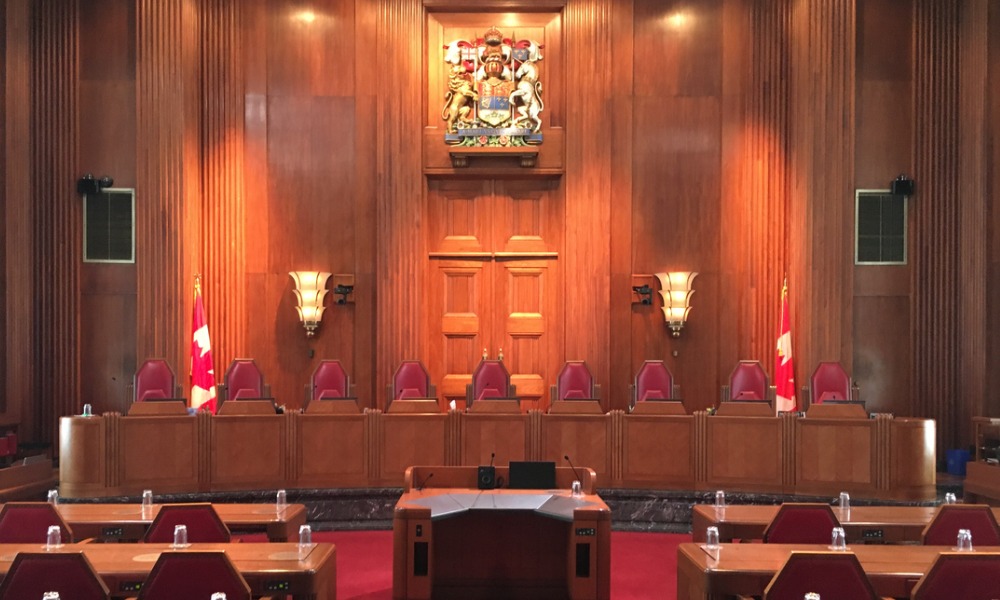The Federal Court recently dismissed an application by e-reader maker Rakuten Kobo Inc. to quash consent agreements that the Competition Bureau entered into with three publishers regarding allegations about a conspiracy in the United States in the e-book market.

The Federal Court recently dismissed an application by e-reader maker Rakuten Kobo Inc. to quash consent agreements that the Competition Bureau entered into with three publishers regarding allegations about a conspiracy in the United States in the e-book market.
Competition lawyers say that the ruling gives clarity to the reach of the Competition Bureau in extra-territorial cases and about the leeway given to the Commissioner of Competition by the courts.
“It clarifies what the geographic reach of that section of the [Competition] Act is,” says Nikiforos Iatrou, partner with WeirFoulds LLP in Toronto, who acted on behalf of Kobo.
“Until this case, we didn’t have a decision that set out what that reach was. That’s important.”
Iatrou adds that competition lawyers now know the high standard they’ll be held to if they want to challenge an action by the commissioner.
“It will be very difficult to set aside consent agreements in the future,” he says.
The decision closes off a legal saga that has been ongoing since 2014, when the commissioner initially entered into consent agreements — settlements — with four of the five major publishers.
In 2016, those agreements were set aside by the Competition Tribunal.
Most Read
The commissioner addressed the shortcomings identified by the tribunal and signed fresh consent agreements with three of the four publishers, which were challenged in Federal Court. The fourth publisher, HarperCollins Canada Limited, fought the agreement in the Competition Tribunal but eventually settled.
That hearing delayed the Federal Court case.
In Rakuten Kobo Inc. v Canada (Commissioner of Competition), 2018 FC 64, Chief Justice of the Federal Court Paul Crampton stated that he didn’t want third parties such as Kobo using the court’s power of judicial review to defeat Parliament’s clear intention to create a limited right of review of consent agreements.
“The HarperCollins agreement was conditional on the other three becoming effective,” says Iatrou. “They would all become effective or none of them would become effective, and the result of this ruling is that they will now all become effective.”
Jayme Albert, spokesman for the Competition Bureau, said the Federal Court’s decision “clarifies the scope of third party challenges to settlements with the Commissioner.”
“In the decision, Chief Justice Crampton found that judicial review applications brought by third parties in respect of consent agreements filed with the tribunal should only be heard in ‘exceptional cases,’” he said.
Iatrou says that result is similar to what the tribunal found last year, and he admits that after the HarperCollins motion wasn’t successful, he knew that the Federal Court case would be an “uphill battle.”
Huy Do, partner with Fasken Martineau DuMoulin LLP in Toronto, who was not involved in the case, says that the jurisdictional discussion was not that hotly debated before the decision.
“Now it’s clear, but I don’t think that it was something that was that controversial,” says Do.
“It essentially tells us what we already thought was the case in terms of the application of the Act.”
Jean-Marc Leclerc, a partner at Sotos LLP whose practice involves litigating price-fixing cases, notes that the decision put an end to Kobo’s attempt to forestall having to offer its customers lower prices for almost four years.
“I think it’s significant that Kobo got a stay of the consent orders pending the court’s determination of the issues,” says Leclerc. He says in the decision that Crampton completed the analysis of the underlying issues beyond the jurisdictional argument in the interests of “judicial economy.”
“At the end of the day, these agreements are intended to provide customers with lower prices,” says Leclerc.







